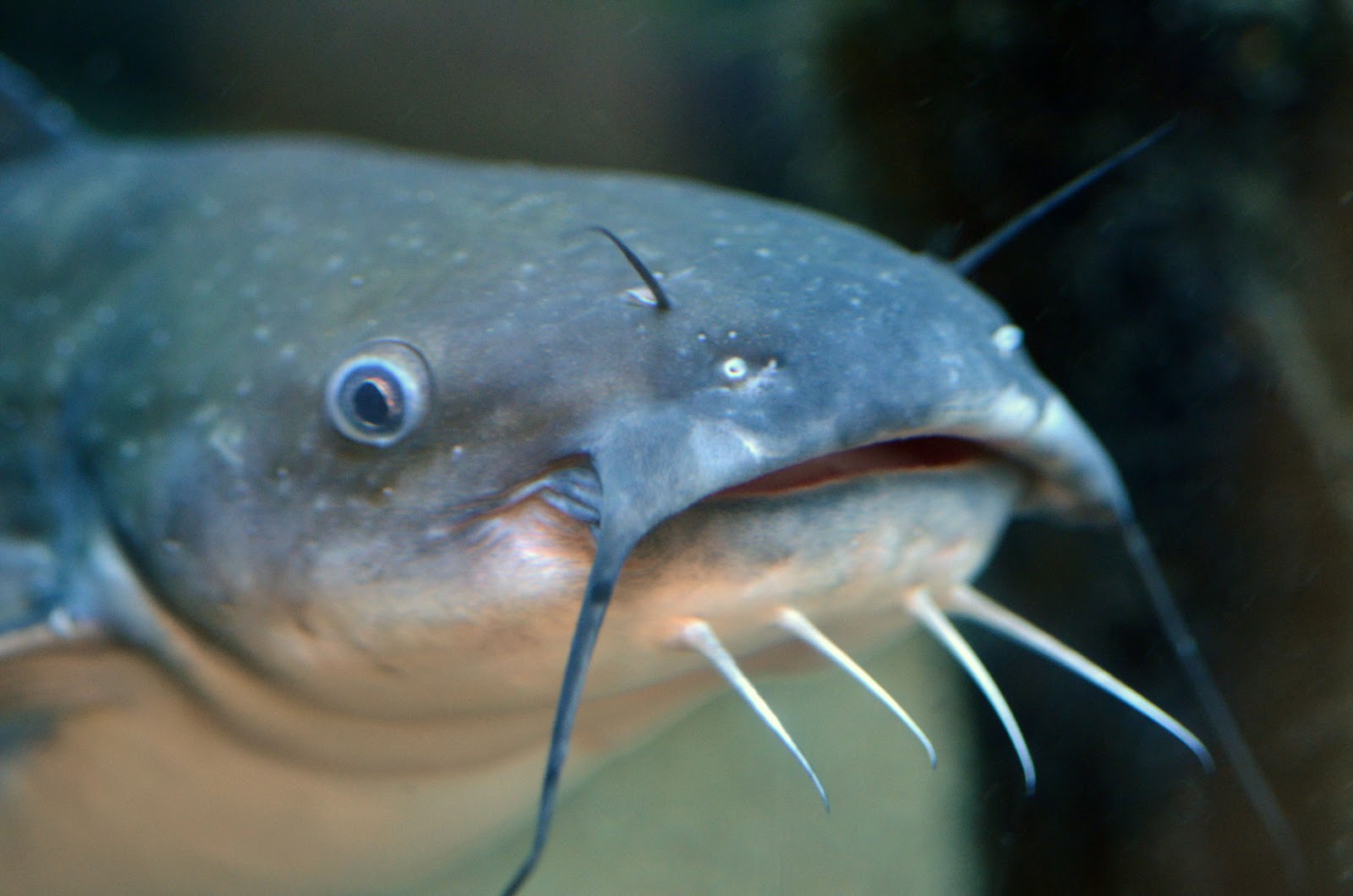Consider two aspects of digital literature: 1) social media tools that enable widespread publication, without publishers, and 2) Hypertext, which is the name for the text that lies beyond the text you are reading, until you click. How do you think these capabilities might be impacting literature and story?
Hint: hover over the faintly underlined text when you get to it!
It seems no other generation has been so obsessed with and capable of telling and recording their own personal stories to the degree that we do now. Everyone has become a writer in one shape or form. I profess I’m not one to use Facebook very much and I haven’t been able to connect with the idea of being addicted to it. But it’s clear, under the guise of “regular updates,” that social media (Facebook, Twitter, Instagram etc.) are polished stories that people record about their lives. Who really escapes the mediocrity and ho-hum of regular life? Even if they do go to fine dining restaurants every night of the week (and subsequently take pictures of every single course).

Hello there, Gorgeous. Yes, it is I.
I’ve found my own online presence to read differently than how I really am. Oh, there are similarities for sure (my online persona does have a base — I’m hardly a catfish), but I’m careful to rework what I say, crafting a personality that is, what I hope is, more eloquent and confident than the clumsy and shy person I am in real life. The Internet, then, is arguably made up of stories. It is a library of our lives and our imaginations. In this space, the intersections of stories/orality and literature merge or become interwoven. Continue reading